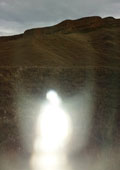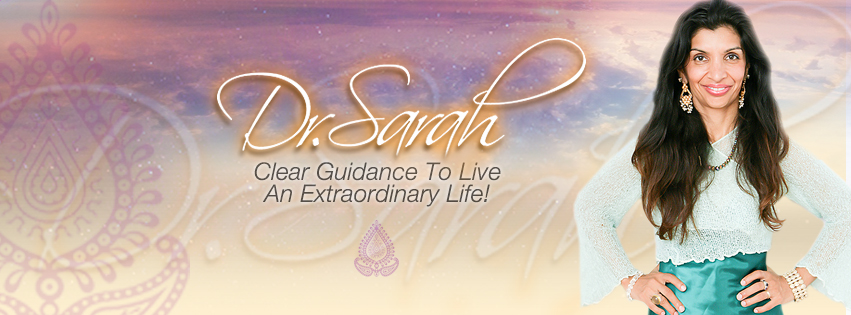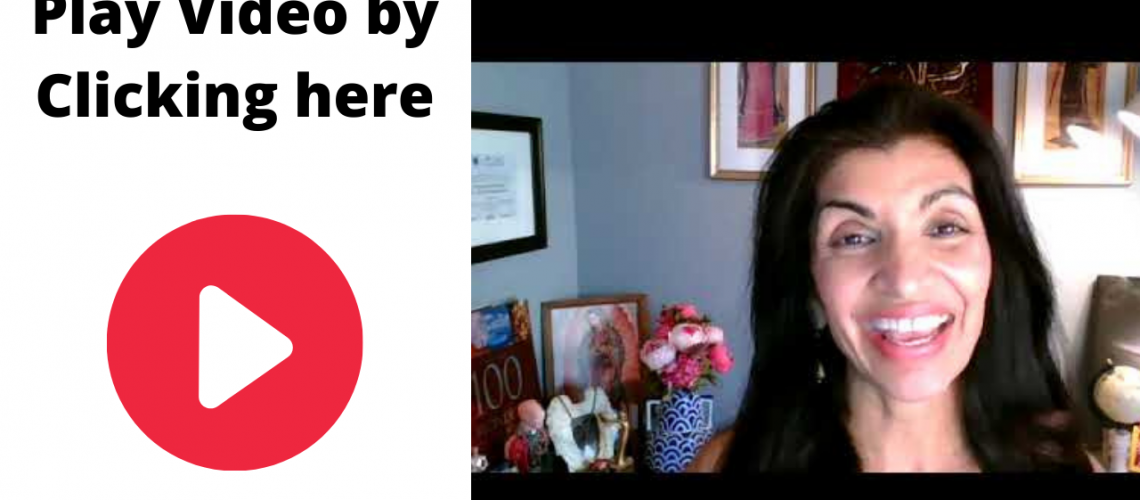I wish I could have met Leo Buscaglia in person before he died in 1998.
I “met” him years before when his book “fell” on me in an old world Bookshop in The French Quarter of New Orleans!
I”met” him again as a “vision” 2013 before I traveled to Sicily to lead a tour with a client.
My relationship with this private client lead to her moving back to her home country and me
wow having access to the best Sicily has to offer!
I read his book “LOVE” aloud while taking in the gentle warm salt water waves resting leisurely on a rock in the warm late summer sun at the Sea of Lion.
Very private beach on a fantastic hotel with my favorite book, swimsuit, and a favorite warm delightful drink!
I was leading a tour with Connie Costa and surrounded by my favorite clients and friends all about the resort!
Dreams come true! LOVE is TRUE – YOUR LOVE is RARE!
Leo Buscaglia, the effervescent ambassador of love whose self-help books on the dynamics of affection sold 11 million copies and helped his readers explore the delicate balance between life and death. As I said, he died in 1998.
To create your own private tour to Sicily with me
Dr. Larsen
Please write to me here:

Connect with “Dr. Larsen” directly right now! To contact Dr. Sarah Larsen by text: 424-757-4197 She will write back to you as soon as humanly possible for her!
The Masterclasses are offered online via Zoom and you can join by computer or you can call in using your phone.

………………………………………………………………………………………….
Works & Best Quotes by
LEO BUSCAGLIA.
Love Yourself
Leo Buscaglia

To love others you must love yourself. You can only give to others what you have yourself. This is especially true of love. You cannot give what you have not learned and experienced. Since love is not a thing, it is not lost when given. You can offer your love completely to hundreds of people and still retain the same love you had originally. It is like knowledge. Wise people can teach all they know and when they’re through they’ll still know all that they have taught. But first they must have the knowledge. It would better be said that people “share” love, as they “share” knowledge but they can only share what they possess.
Loving oneself does not imply an ego-centered reality like the old witch in Snow White who reveled in the process of gazing into her mirror and asking, “Mirror, mirror on the wall, who is the fairest one of all.” Loving oneself does mean a genuine interest, caring, concern and respect for oneself. To care about oneself is basic to love. People love themselves when they see themselves with accuracy, genuinely appreciate what they see, but are especially excited and challenged with the prospect of what they can become.
Each person is unique. Nature abhors sameness. Each flower in the field is different, each blade of grass.
Have you ever seen two roses alike, even among the same variety? No two faces are exactly alike, even in identical twins. Our fingerprints are so singularly ours that we can be positively identified by them.
But people are strange creatures. Diversity frightens us. Instead of accepting the challenge, the joy, the wonder of variation, we are usually frightened of it. We either move away from or endeavor to twist uniqueness into sameness. Only then do we feel secure.
Each child born is an unmarked creation, a new combination of wonder. In general, our human anatomy is similar to others, but on a subtle level even how our anatomy functions will vary with each individual. Our personality development seems to have common elements which affect it; heredity, environment, chance. But there is surely an additional element, not yet scientifically identifiable, which can be called the “X” factor of personality, that special combination of forces which act upon the individual so that we will react, respond, perceive as ourselves, alone. The child is exceptional but most learning which he or she will receive from birth will not afford him or her the freedom to discover and develop this uniqueness. . . .
To love oneself is to struggle to rediscover and maintain your uniqueness. It is understanding and appreciating the idea that you will be the only you to ever live upon this earth, that when you die so will all of your fantastic possibilities. It is the realization that even you are not totally aware of the wonders which lie dormant within yourself. Herbert Otto says only about 5 percent of our human potential is realized in our lifetime. Margaret Mead has hypothesized that 4 percent is discovered. What of the other 95 percent?
Loving yourself involves the discovery of the true wonder of you; not only the present you, but the many possibilities of you. It involves the continual realization that you are unique, like no other person in the world, that life is, or should be, the discovery, the development and the sharing of this uniqueness. The process is not always easy, for one is bound to find those who will feel threatened by a changing, growing you. But it will always be exciting, always be fresh and like all things new and changing, never be dull. The trip into oneself is the grandest, most enjoyable and longest lasting. The fare is cheap; it merely involves continual experiencing, evaluating, educating, trying out of new behavior. Only you can be the final judge in determining what is right for you. . . .
Loving yourself also involves the knowledge that only you can be you. If you try to be like anyone else, you may come very close, but you will always be second best. But, you are the best you. It is the easiest, most practical, most rewarding thing to be. Then it makes sense that you can only be to others what you are to yourself.
If you know, accept, and appreciate yourself and your uniqueness, you will permit others to do so. If you value and appreciate the discovery of yourself, you will encourage others to engage in self-discovery. If you recognize your need to be free to discover who you are, you will allow others their freedom to do so, also. When you realize you are the best you, you will accept the fact that others are the best they. But it follows that it all starts with you. To the extent to which you know yourself, and we are all more alike than different, you can know others. When you love yourself, you will love others. And to the depth and extent to which you can love yourself, only to that depth and extent will you be able to love others.
This book is about love. What it is and what it isn’t. It is about you–and about everybody who has ever reached out to touch the heart of another. Among many other lessons of the heart, Leo Buscaglia reminds us: Love is open arms. If you close your arms about love you will find that you are left holding only yourself.

